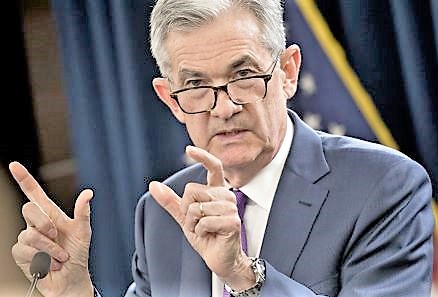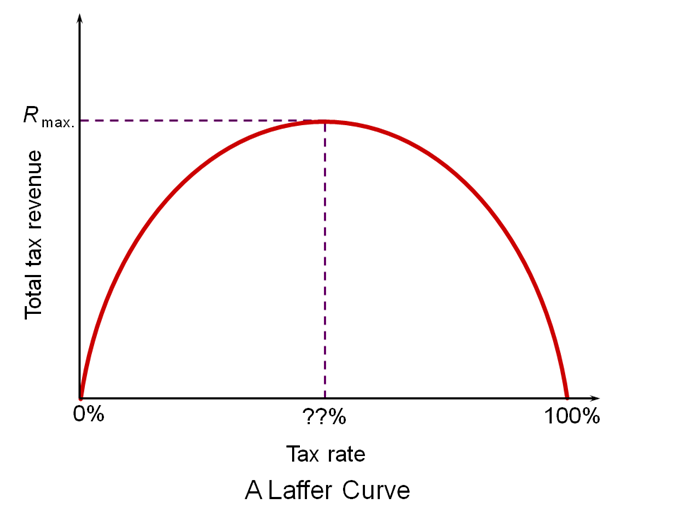Epsilon Theory In Full
The soul of Epsilon Theory is our long-form content, a library of hundreds of pieces written by Ben, Rusty and others over the course of the last 5+ years. These are the print-and-take-home-for the weekend notes that made Epsilon Theory what it is today.
Like it or not, the 2020 election season has begun. But I’ve got good news for you: someone has The Answer for the political center, and he’d very much like to discuss it with you.
When an inflation regime shifts, the only question that really matters for your investments and your business model is this: do you have pricing power?
Pt. 1 of a three-fer Brief series … why the worst place to be in any services industry is on the product side.
Time to resurrect an old Epsilon Theory feature and make it a regular thing. Because the ET pack has a voice that’s worth hearing.
A generation of investors has Paul Volcker to thank for almost 40-years of slowly falling rates. He handed countless baby-boomers a free 100 points of investing IQ, for which most never thanked him. It was as good as it gets.
The gyre widens again, and if we are not careful, it will force us into positions that require us to deny the basic humanity of our fellow citizens. Reject it.
We asset owners and allocators (rightfully) obsess about alignment, but too often that obsession becomes an outward one, motivated by our rights and entitlements instead of our ultimate best interest.
Modern Monetary Theory is neither modern nor a theory. It’s a post hoc rationalization of politically expedient policy that makes us feel better about all the bad stuff we’ve done with money and debt in service to Team Elite.
And all the bad stuff we’re going to do in the future.
At the suggestion of one of our friends and subscribers, we wanted to provide what we think are some of the best launch points for exploration of the newly published Discovery Map. The only question: do you want to explore topics in depth or see the connections between them?
In this news cycle, if an issue sticks around for more than a week, you can be sure that it isn’t by accident. It’s because it represents an abstraction, and because those in influence like how that abstraction changes our behavior.
The greatest risk to your portfolio is a change in the zeitgeist. A change from deflation to inflation. A change from cooperative international games to competitive games. A change from capital markets to political utilities.
I think it’s all happening.
Distillation isn’t a process of concentration. It isn’t a natural progression. It is a violent changing of the underlying thing. So, too, is portfolio construction.
It’s easy to convince ourselves that the opposite of being Narrative-driven is being data-driven. This is a lie. The most common way that narrative influences our behavior is through unadorned data, presented with the unstated implication that it is necessary, sufficient and explanatory.
Neville’s favorite links from recent months, including an interview with a collector of mathematical toys and an ode to the hack.
I found this photo from Friday’s presser, when Jay Powell was asked to describe how much credibility he has now.
JK. But also, LOL.
When it comes to politics and social media, making up straw men about our enemies to make them look ridiculous seems like good entertainment. But beware embracing amusing-but-wrong cartoons in zero sum games.
Introducing the Epsilon Theory Discovery Map – a novel way to navigate the Epsilon Theory archives, not based on chronology or author, but based on connectivity, similarity and consistency in the underlying narratives.
We are living in a Golden Age of corporate management competence, driven by the adoption of process technologies and minimax regret strategies. That’s not going to stop in 2019, and it has major implications for your portfolio strategy.
Some resolution season advice for young professionals who would become successful professional investors without becoming charlatans – a task easier said than done.
Complex systems and uncertainty influence us to look for something – anything – to hang our hat on. The problem? We’re prone to hang our hats on extrapolations of the rare facts we can find, many of which have no explanatory power at the margin, where markets live and breathe.



















